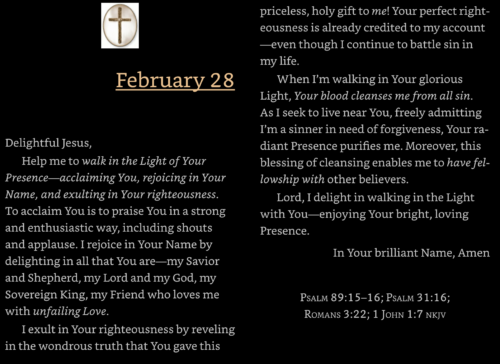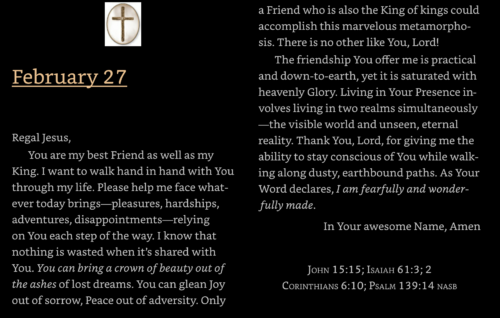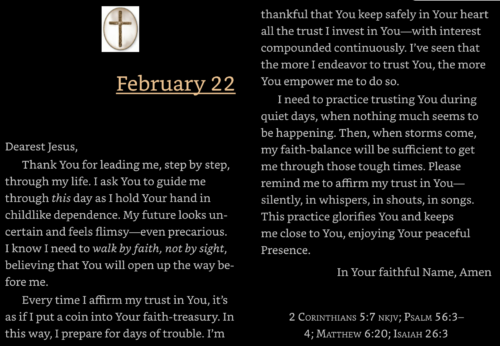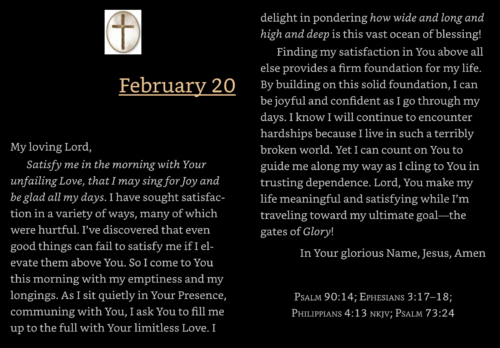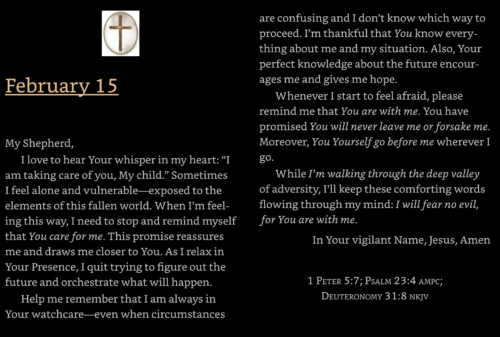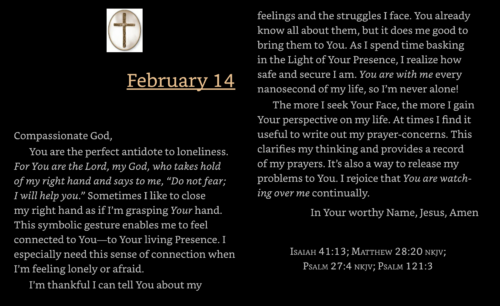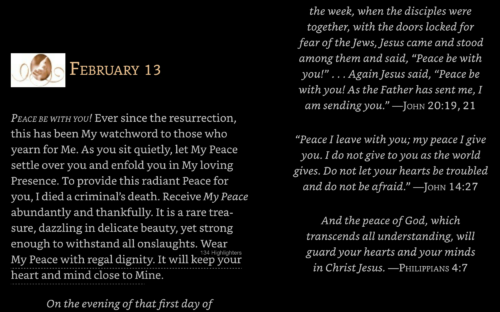Contemplative Prayer Is Nothing New
Today’s meditation is adapted from a morning meditation sit at the CAC, during which Richard introduced a selection of quotations from the desert tradition. Richard shows how the teachings of the desert mystics align with the practice of centering prayer:
I’ve continued to be influenced by the desert mystics and the Eastern Church Fathers, even to the point where I say, “My gosh, this is a different Christianity.” It’s completely different from the issues we’re dealing with today. The main thing I’m struck by is how some of their teaching is almost Buddhist. It totally affirms what we’re taught in centering prayer. Here are several of their teachings to show that what we’re saying in contemplation and centering prayer was clearly understood for centuries in Eastern Christianity.
Until the mind is freed from the multitudes of thoughts, and has achieved the single simplicity of purity, it cannot experience spiritual knowledge.
—Isaac of Syria
We see that the desert traditions are very strong on self-knowledge. What they see as self-knowledge is not knowing our personality types, whether we’re a Six or a Two on the Enneagram; it’s seeing our patterns. This becomes clear:
Attention is the beginning of contemplation, or rather its necessary condition: for, through attention, God comes close and reveals Himself to the mind. Attention is serenity of the mind, or rather it’s standing firmly planted and not wandering, through the gift of God’s mercy.
—Nicephorus the Solitary
St. Simeon described attention this way:
Some of the fathers called this doing, silence of the heart; others called it attention; yet others—sobriety and opposition (to thoughts), while others called it examining thoughts and guarding the mind.
The monks Callistus and Ignatius taught:
Collect your mind from its customary circling and wandering outside, and quietly lead it into the heart by way of breathing.
Philotheus of Sinai lists how we get “caught” in our thoughts. He speaks of the initial impact coupling with the thought or emotion, merging with it, being held captive by it, and finally becoming what the desert mystics called a “passion.” The more I read them, the more it becomes clear that what they mean is “obsession.” Obsession is passion for the desert mystics. It is anything we cannot stop doing with our minds or emotions. At that moment, we’re in the grip of a “passion.” It makes total sense. We are no longer free. We have lost our freedom.
Passionlessness means not only not feeling passions but not accepting them from within.
—Callistus and Ignatius
Without this attentive discipline, our mind is in a “disorganized and dispersed state.” [1] That’s what we’re saying centuries later! So, when people say that contemplation or centering prayer is something new, just point them back to the desert traditions.
Recognizing Our Lost History
For too long, little or no honor has been paid to those who have laid the foundations in Africa for the preservation of Christianity throughout the world…. The roots and headwaters for this monastic flourishing had their source in African soil.
—Paisius Altschul, An Unbroken Circle
CAC teacher Barbara Holmes reminds us of the forgotten gifts of early Christianity, particularly from its African legacies:
African participants in the early church remained in the shadows of the main theological discourse despite the scholarship of Tertullian, Augustine, Cyprian, and others of African descent who were instrumental in the expansion and theological grounding of the early church. Although initially the spread of Islam limited the expansion of North African Christian practices to sub-Saharan Africa, the trajectories of today’s Christian contemplative practices can be traced to early Christian communities in the Middle East and Africa.
Some of these communities were led by women…. After Christianity became a state religion, the freedom that women found in Spirit-led Christian sects was foreclosed by an increasingly hierarchical religious structure. In response, many retreated to remote desert areas to continue their spiritual quests.
This desert may initially seem barren, dull, and colorless, but eventually our perceptions start to change…. Here we empty ourselves of our own obstacles to God. In the space of this emptiness, we encounter the enormity of God’s presence…. The ammas [Desert Mothers] teach us that the desert becomes the place of a mature repentance and conversion toward transformation into true radical freedom. [1]
If the desert is a place of renewal, transformation, and freedom, and if the heat and isolation served as a nurturing incubator for nascent monastic movements, one wonders if a desert experience is necessary to reclaim this legacy.
One need not wonder long when there are so many deserts within reach. Today’s wilderness can be found in bustling suburban and urban centers, on death row, in homeless shelters in the middle of the night, in the eyes of a hospice patient, and in the desperation of AIDS orphans in Africa and around the world. Perhaps these are the postmodern desert mothers and fathers. Perhaps contemplative spaces can be found wherever people skirt the margins of inclusion. Perhaps those whom we value least have the most to teach.
We are in need of those values central to African monasticism and early Christian hospitality; they include communal relationships, humility, and compassion. Laura Swan sums up these virtues in the word apatheia, defined as “a mature mindfulness, a grounded sensitivity, and a keen attention to one’s inner world as well as to the world in which one has journeyed.” [2] Inevitably, the journey takes each of us in different directions; however, by virtue of circumstances or choice, each of us will at some point in our lives find ourselves on the outskirts of society listening to the silence coming from within. During these times, we realize that contemplation is a destination as well as a practice.
